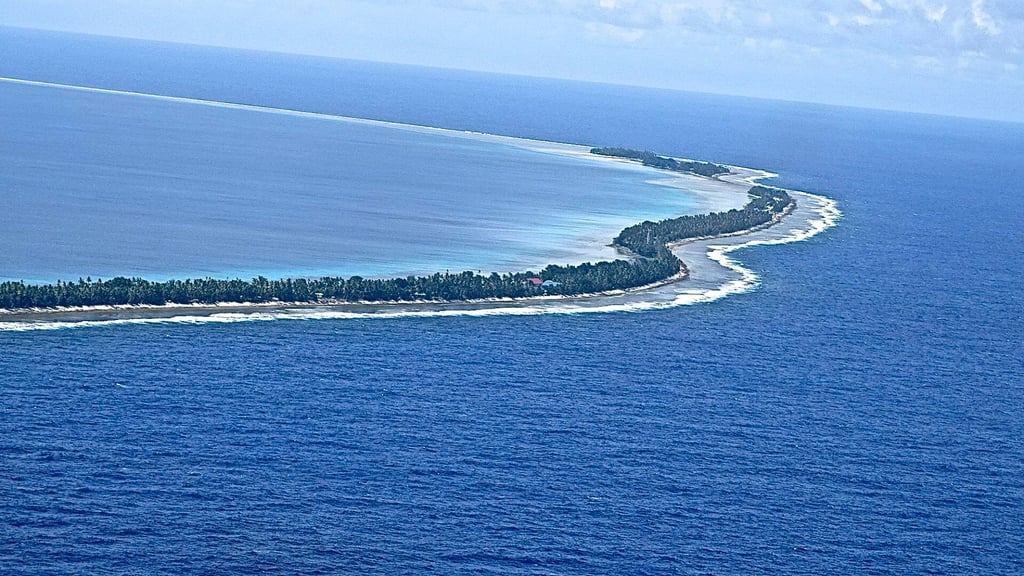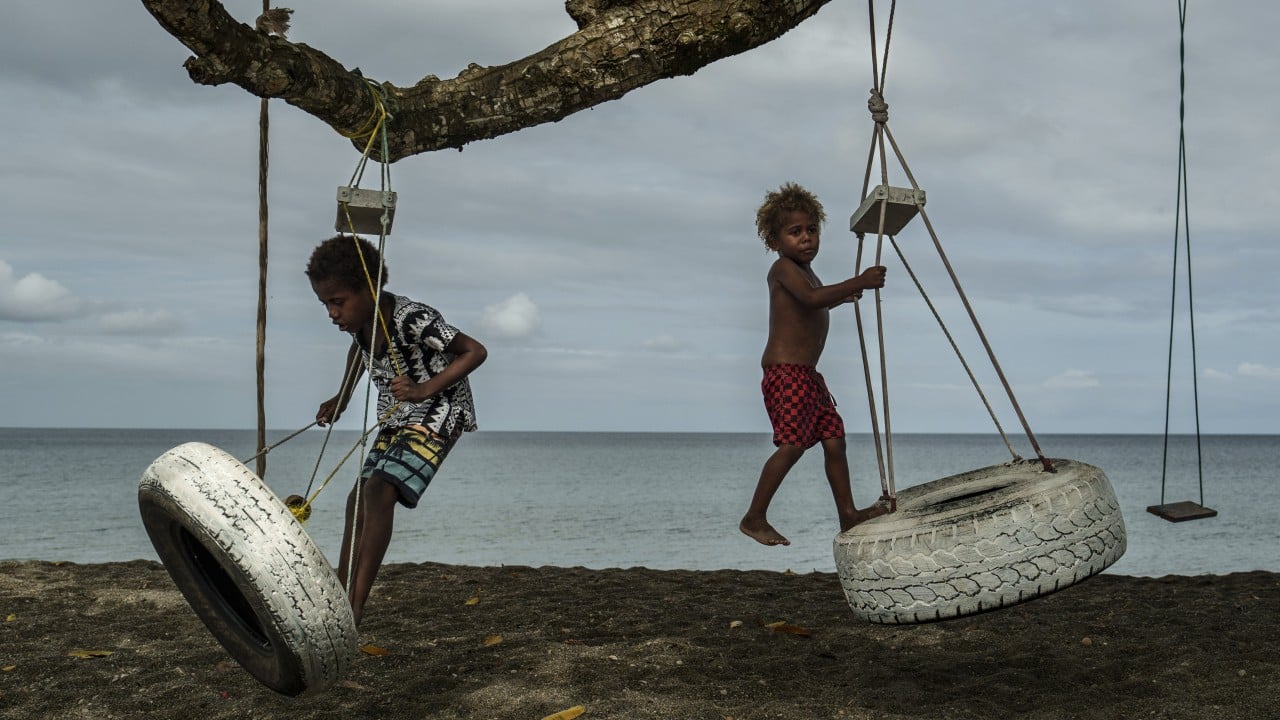In a unanimous decision, a 15-member bench of the International Court of Justice (ICJ) at The Hague in the Netherlands ruled on July 23 that government failures to protect vulnerable populations and ecosystems from climate change could amount to breaches of international law. The court’s non-binding ruling, which says that countries must comply with climate treaties, has been hailed as a great victory for youth activism from small island nations facing the brunt of the climate crisis.
Advertisement
The triumph at the ICJ is the culmination of a unique university project started by a group of law students at the University of the South Pacific’s law school in Vanuatu in 2019. Their lecturer set up an extracurricular activity, for which 27 students volunteered, to discuss the most productive legal actions Pacific Island countries could take under international law and design a plan of action for their governments.
The students embarked on a campaign, eventually forming the Pacific Islands Students Fighting Climate Change, determined to hold polluting nations accountable so they and their children would have a home to live in. They wanted to test whether international law could save them from the impacts of climate change.
Their initial efforts focused on persuading the Pacific Island Forum – of which Australia and New Zealand are members – to take the issue to the world’s top court. Undeterred by the lack of traction, the student group was eventually joined by the World’s Youth for Climate Justice, which helped the campaign go global.
Thanks to this campaign, in March 2023, the United Nations General Assembly passed a resolution supported by over 130 countries requesting that the ICJ give an advisory opinion that clarifies the obligations of countries under international law in respect of climate change. The ICJ has handed down a ruling that vindicates the efforts of young activists from the Pacific region and around the world.

Sera Sefeti, a University of the South Pacific journalism graduate who reported on the issue for Pasifika TV from The Hague, said climate change is “a violation of our rights, our cultures and our very existence”. She added that the ruling exceeded the expectations of many Pacific youth.

